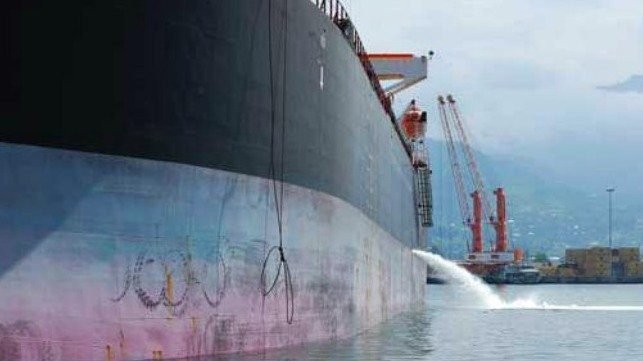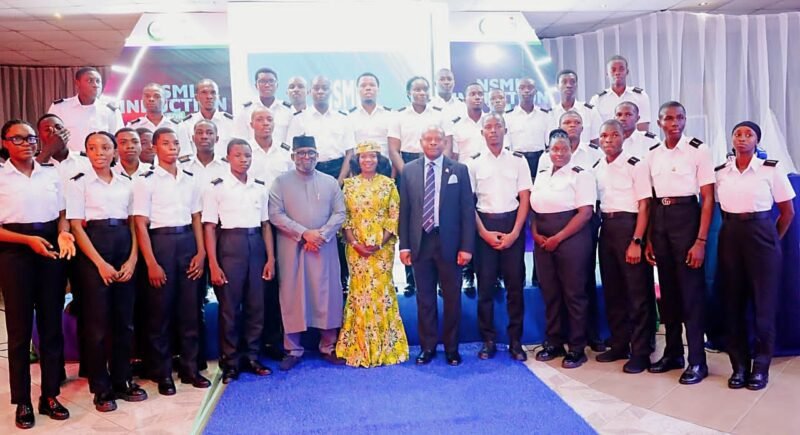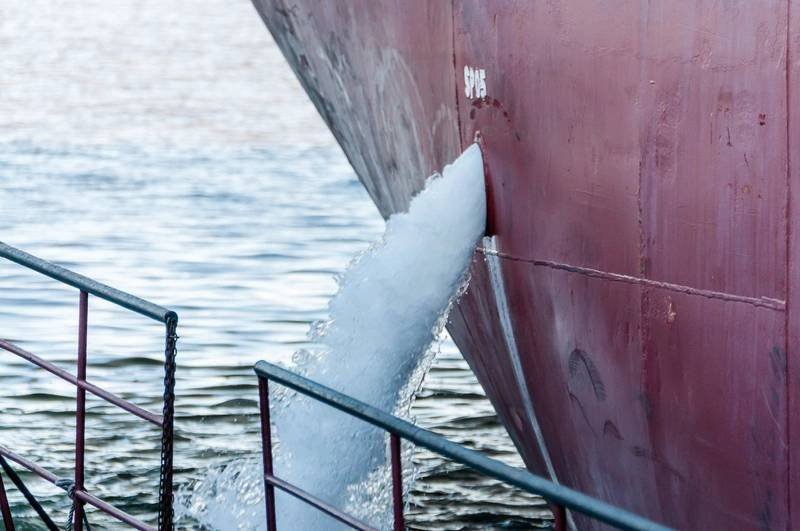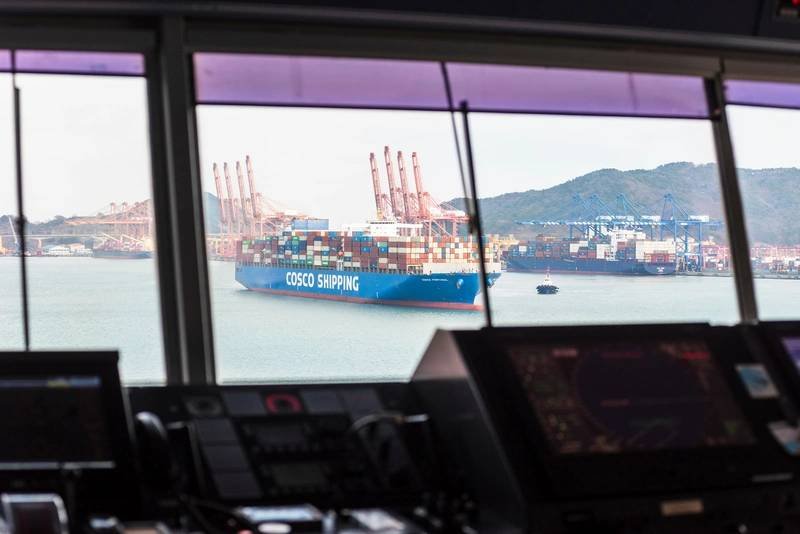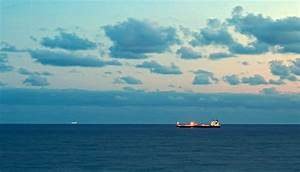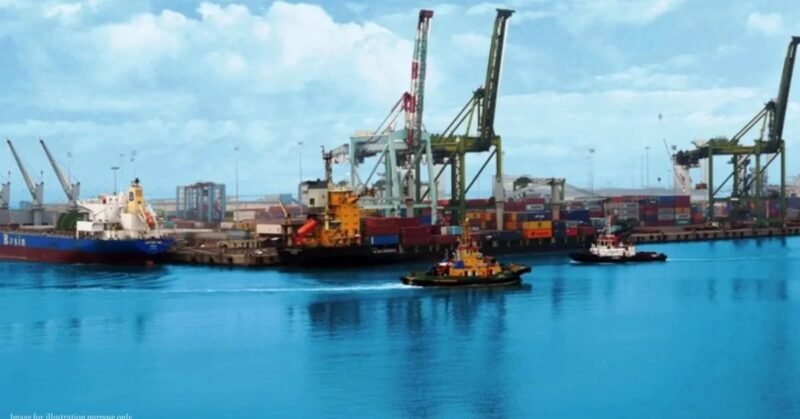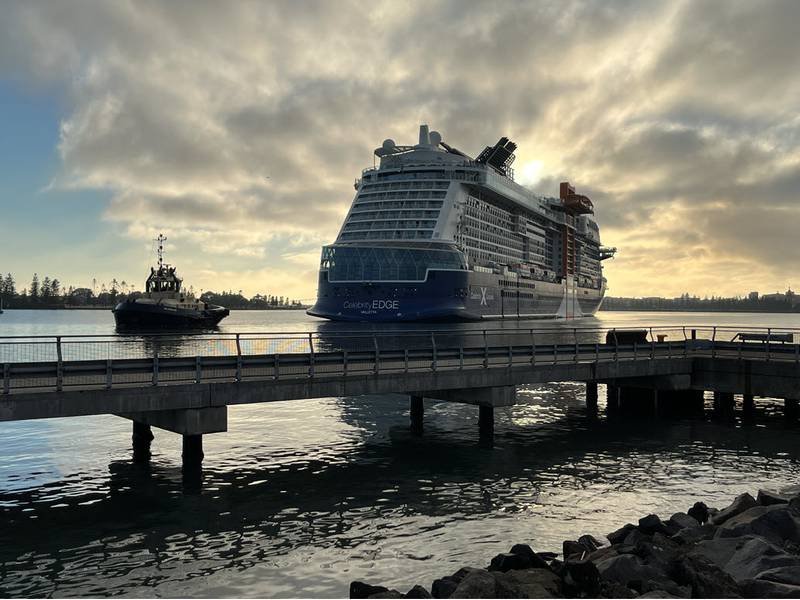A recent analysis submitted to the International Maritime Organization revealed that over 30 percent of all installed ballast water treatment systems fail Port State compliance inspections, despite initially passing commissioning tests. The report highlighted issues with maintenance, record-keeping, and crew training, warning that additional requirements will come into effect in 2025. The data showed that a significant number of operational systems are failing to remove invasive species in the >50µm range, with more than 100 organisms of this size found in every 1m3 of treated water.
The most common reasons for non-compliance with the D-2 standard of the BWM Convention included contamination of ballast water tanks, organism regrowth, and human error due to insufficient system knowledge and training. It was emphasized that even if a vessel with a type-approved ballast water treatment system passes initial tests, the system alone cannot guarantee compliance. The Paris Memorandum of Understanding on Port State control reported that deficiencies related to poor record-keeping, crew training, system unfamiliarity, and invalid certificates have led to ship detentions.
To address the issues identified, the IMO is preparing a package of amendments to strengthen maintenance, crew training, and address challenging water conditions. The Convention Review Plan for the BWMS experience-building phase aims to tackle priority issues identified in previous meetings. The amendments are expected to be completed by the end of 2026, with implementation scheduled 12 to 18 months afterward. Ship operators are encouraged to adhere to new guidance on ballast water record-keeping and reporting to avoid delays and detentions.


